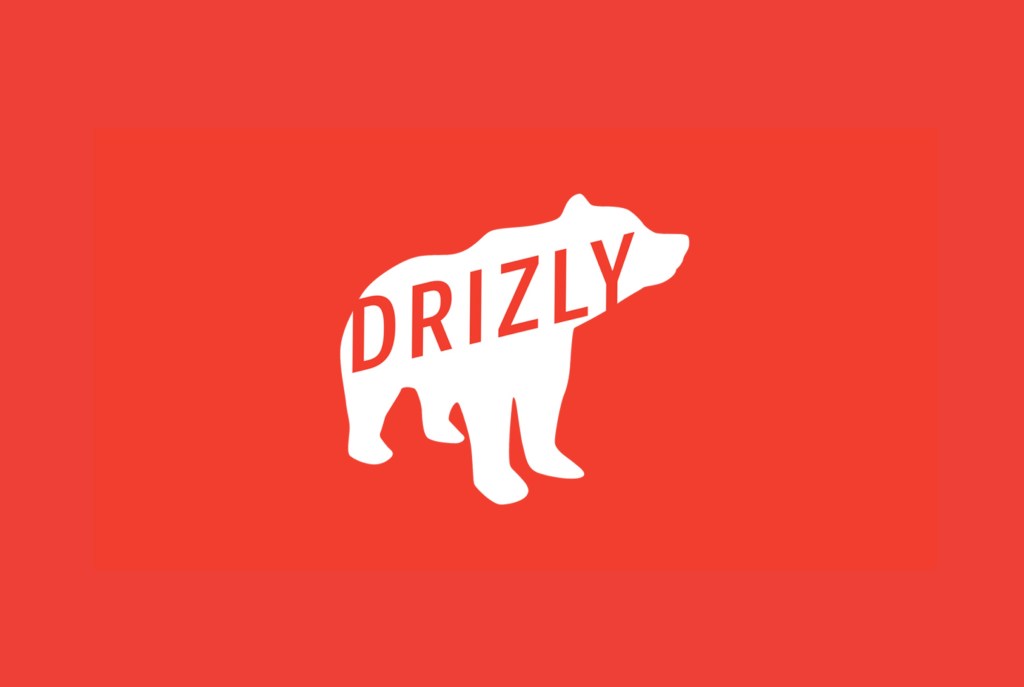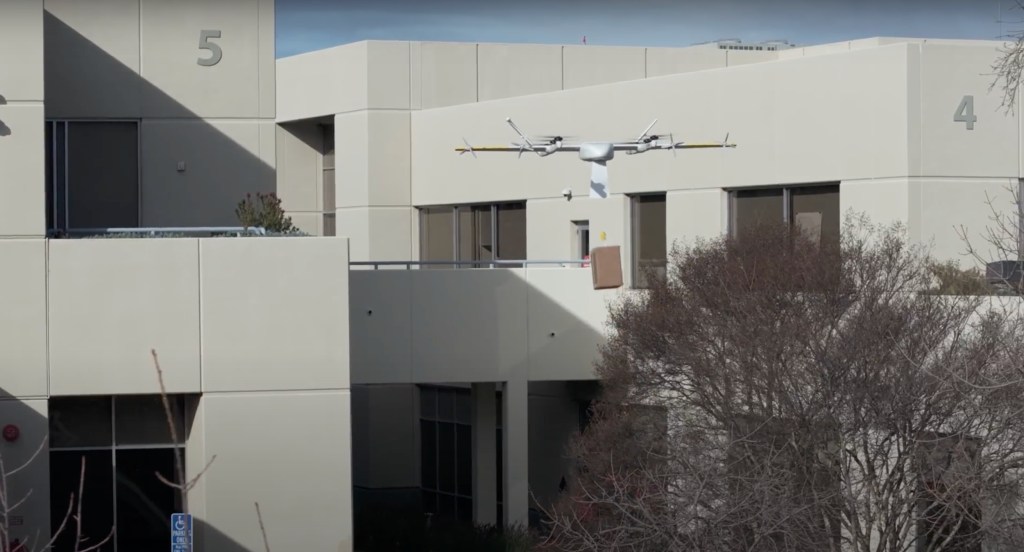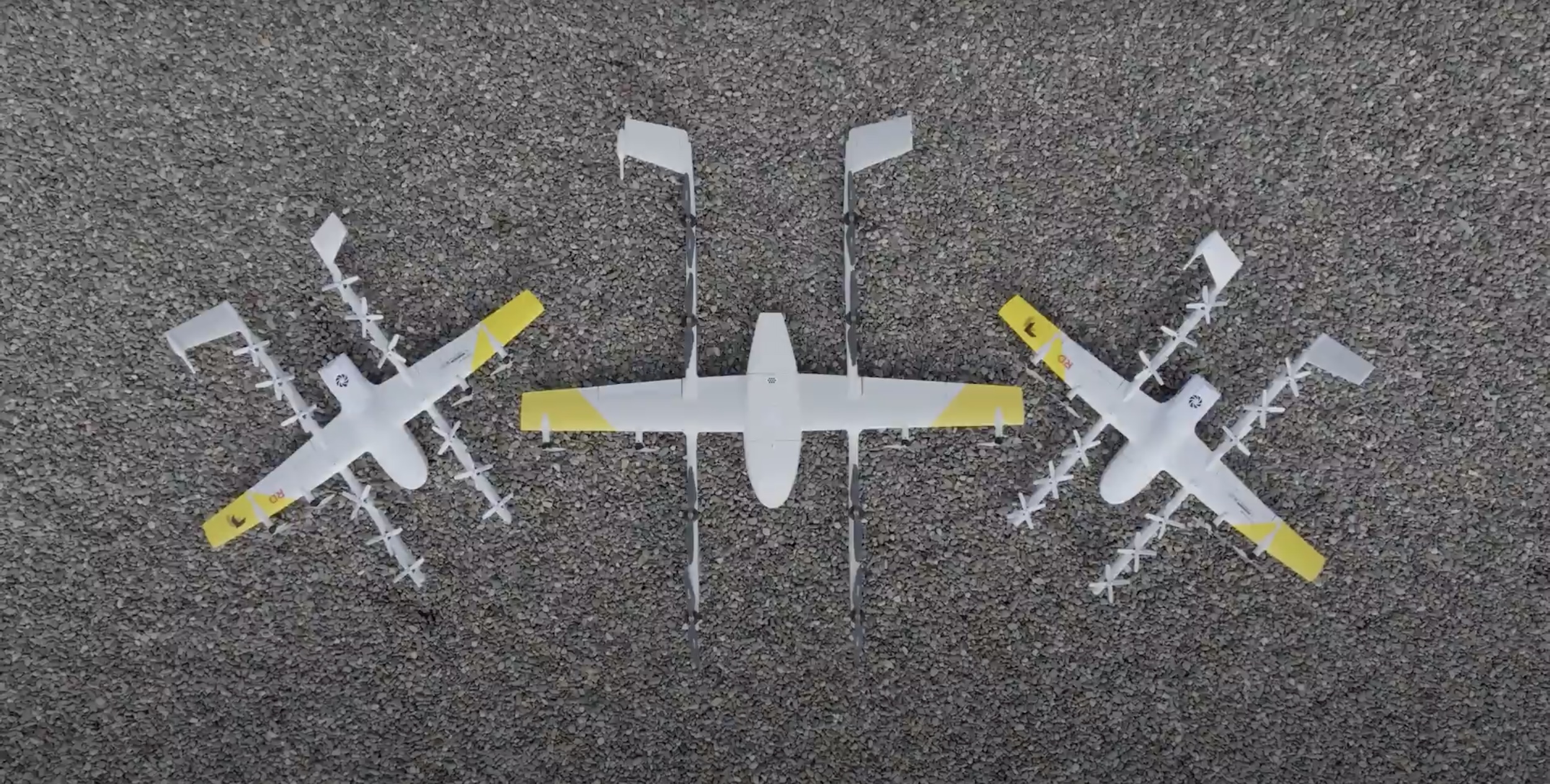
Zepto has raised a massive $665 million in a new round of funding, more than doubling its valuation to $3.6 billion from $1.4 billion in less than a year, as the Mumbai-based startup doubles down on its efforts to capture the contested quick commerce market in India.
Zepto sells and delivers everything from grocery items to electronic gadgets to consumers in urban Indian cities within a short time frame. The rapid-delivery model is thriving in India even as most startups in the space have cratered in developed markets.
Glade Brook, Nexus and StepStone Group co-led the “highly-oversubscribed” Series F round, Zepto said. Avenir, Lightspeed and Avra (former YC Continuity exec Anu Hariharan’s new fund) as well as existing backers Goodwater, Lachy Groom and Contrary also invested in the round, the startup said.
DST Global, an early backer of Swiggy, a Zepto rival, also co-led the new funding round, according to two people familiar with the matter. Zepto didn’t disclose DST Global’s participation in the new funding round and declined to comment.
Zepto competes with BlinkIt (owned by Zomato) and Swiggy’s Instamart in the quick commerce space.
These quick commerce companies have established numerous discreet warehouses, known as “dark stores,” throughout urban India. By strategically locating these facilities within a few miles of high-demand residential and commercial areas, they can fulfill orders within minutes of purchase.
“Because less space is needed to stand up a dark store than normal storefronts, Zepto can create a wider network of stores across a city allowing for short delivery times,” Will Robbins, a partner at Contrary, wrote in his thesis.
Zepto aims to expand its network of dark stores to over 700 by March 2025. The startup said its revenue has risen 140% from a year earlier, and its annualized gross merchandise value (GMV) is on track to exceed $1 billion. It works with more than 50,000 delivery partners and is adding over 5,000 delivery partners each month.
The company said about 75% of its dark stores were EBITDA positive as of last month. Improved efficiency and scale mean that a dark store that previously took 23 months to achieve profitability now reaches that milestone in six months, Zepto said.
Can quick commerce leapfrog e-commerce in India?
The growth of quick commerce firms in India, a $4 trillion economy, has surprised many investors and analysts, especially because many similar business models collapsed in other markets.
“In India, there is a culture of buying hyper-locally. This doesn’t really exist in other parts of the world. Customers in India buy small-ticket items multiple times a week hyper-locally, and quick commerce gives them hyper-local, high-proximity and low-ticket use cases,” Zepto’s co-founder and chief executive, Aadit Palicha, told TechCrunch. “No other format in grocery, even in the offline world, has been able to make similar offerings to consumers.”
Quick commerce startups in India are beginning to increasingly expand beyond delivering groceries. One firm promises to deliver high-ticket items such as smartphones and gaming consoles to its customers in 10 minutes.
Palicha, who co-founded Zepto with Kaivalya Vohra when they both were just 19, said Zepto does offer electronics accessories like chargers and cables, but the firm isn’t looking to offer high-end electronics on its platform.
“We’re not really getting into smartphones, high-ticket fashion and laptops. We’re more interested in categories that are relatively lower-stake purchases, like household appliances, undergarments, general merchandise, toys, beauty and cosmetics, and home and kitchen products. We’re seeing resonance there,” said Palicha.
The startup currently operates in top Indian cities, and plans to expand to select smaller cities in the coming months. Palicha said Zepto is encouraged by the initial reception from cities like Jaipur, where the local offline offerings aren’t able to fully meet customer demands.
“If we are able to achieve this while continuing to delight customers, I believe we will be ready to go public relatively soon,” he said in a statement.
Avenir, a New York-headquartered venture firm, had been tracking Zepto for about three years before it finally invested in the current round. Zepto is able to break the traditional trade-offs of retail in India, said Ben Jubas, a partner at Avenir.
“It has an opportunity to become a massive commerce business due to the depth in its value proposition and operational rigor,” he told TechCrunch. “In our view, it’s second to none.”
Some industry analysts predict that quick commerce companies will significantly erode the market share of major e-commerce players like Amazon and Flipkart. Jubas said he subscribes to this thesis, but it’s up to Zepto’s management on how it intends to make a play with that.
According to Goldman Sachs, the total addressable market in the grocery and non-grocery categories for quick commerce companies in the top 40-50 cities is about $150 billion.







